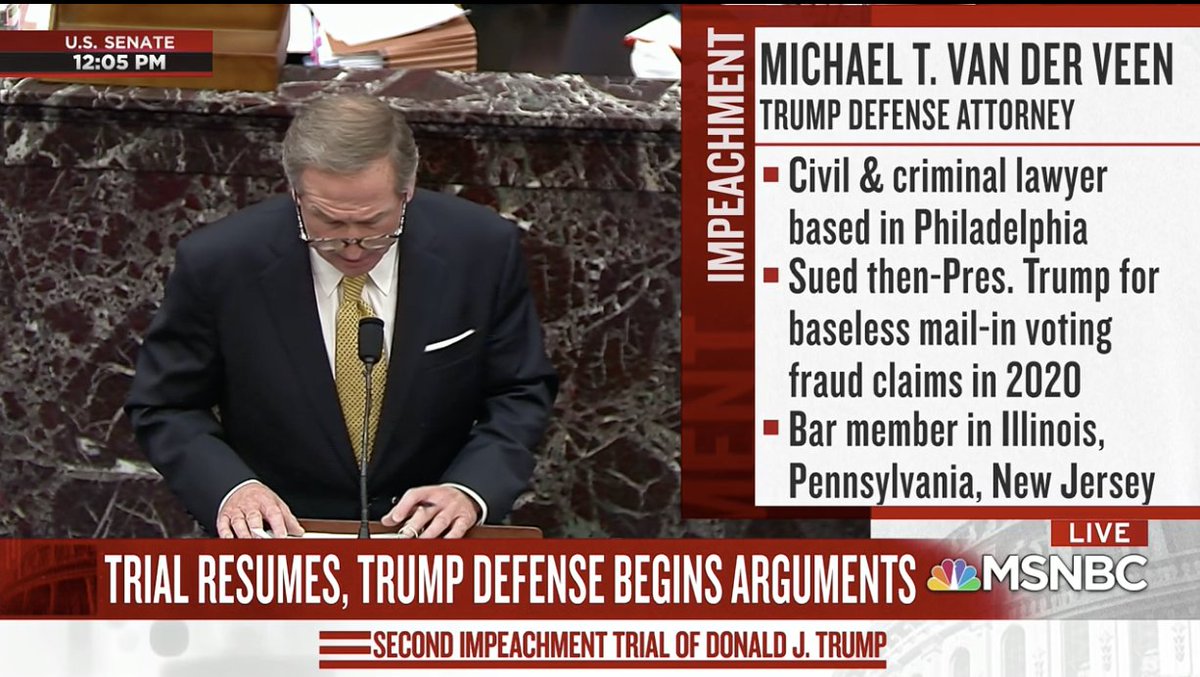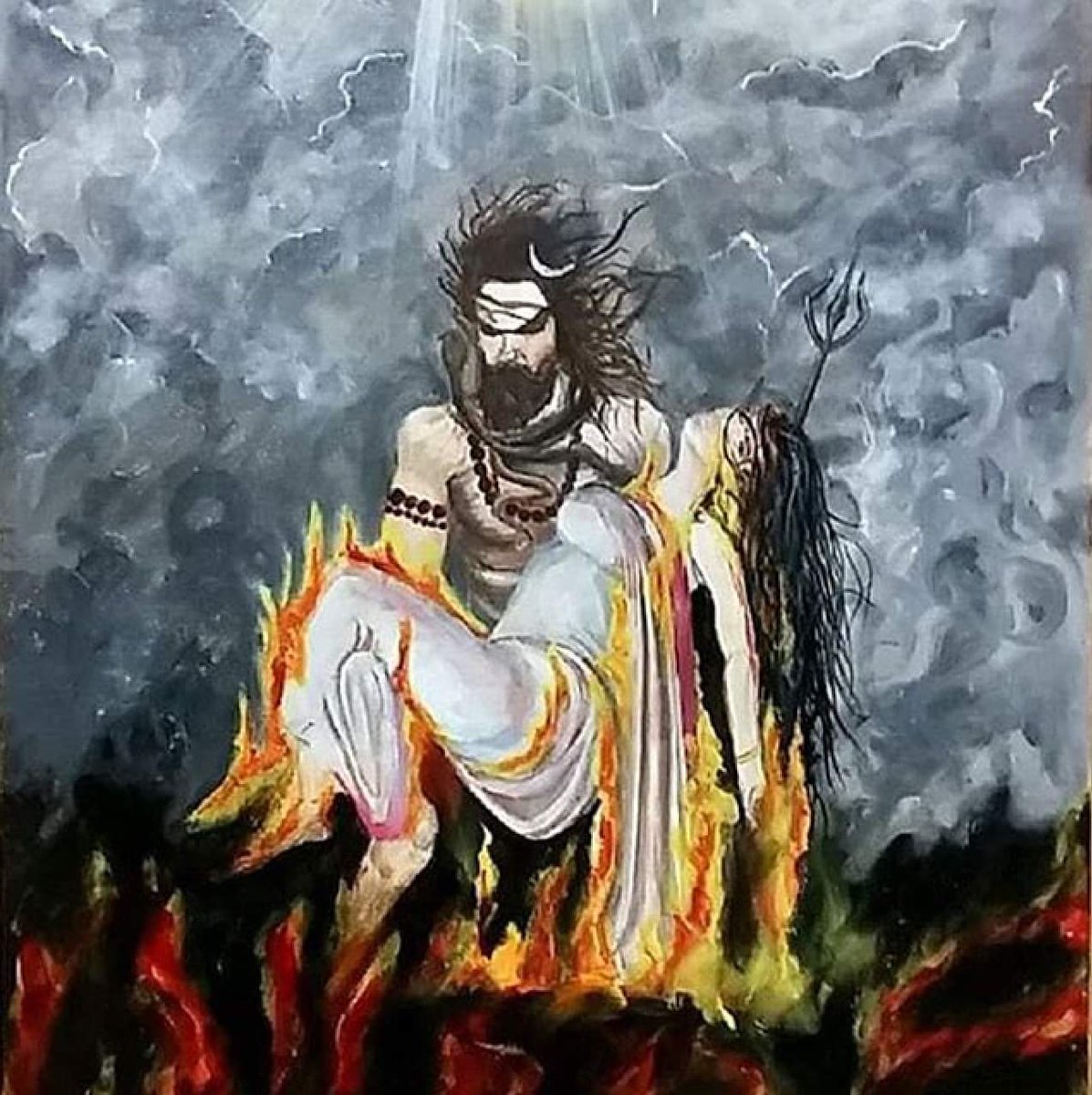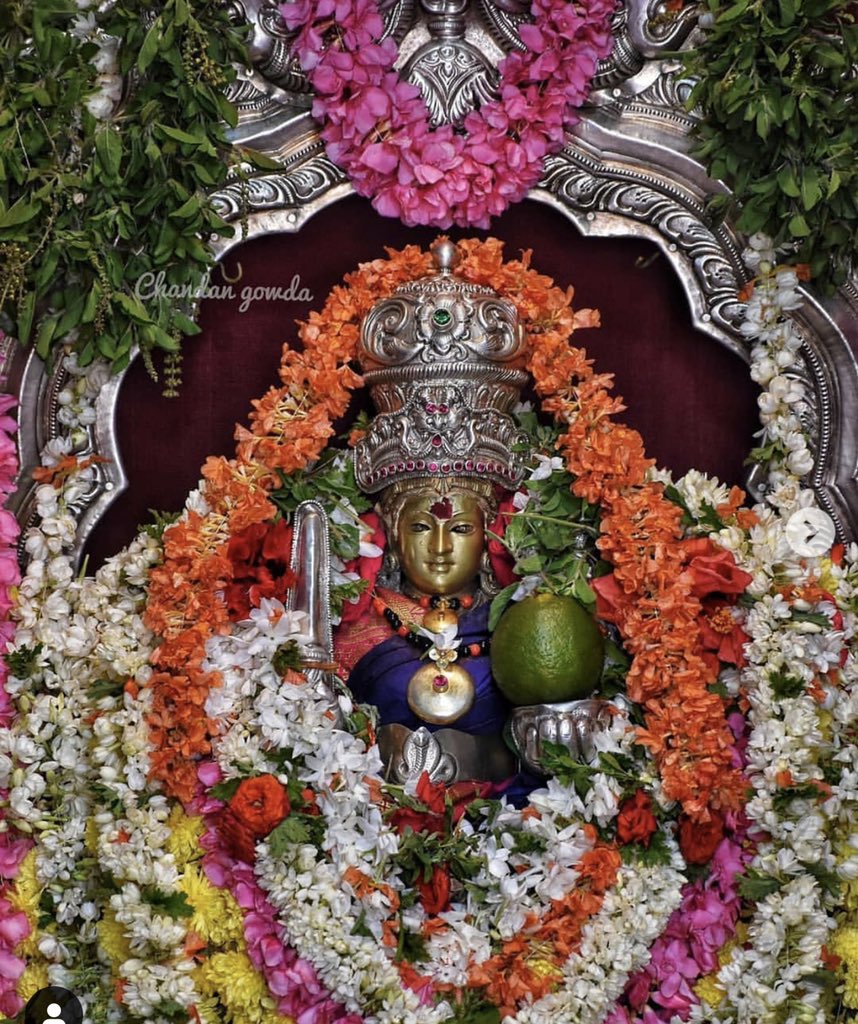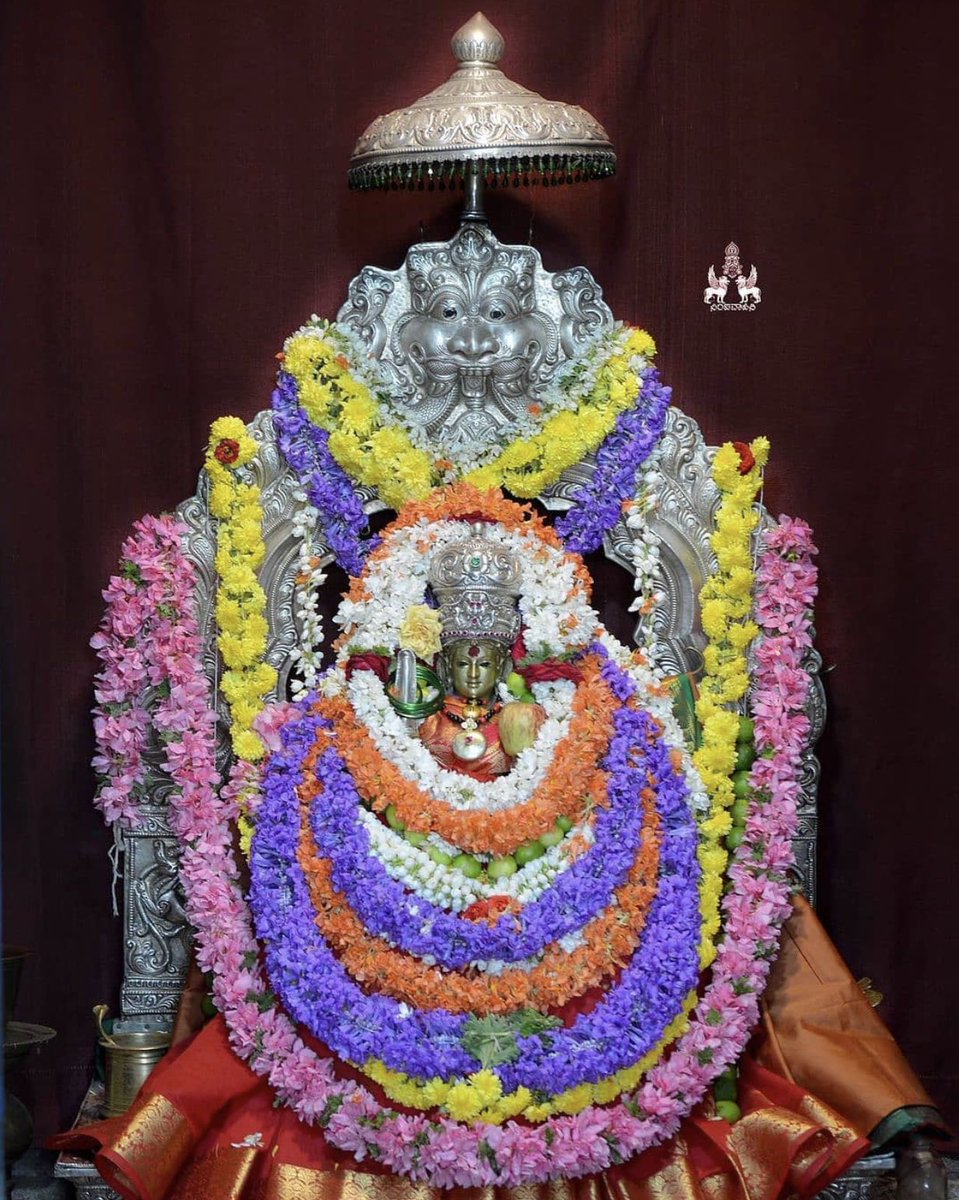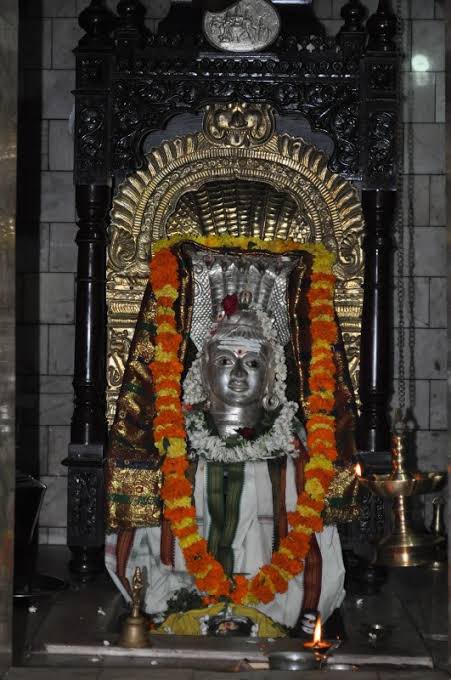1. The #PeoplesAS30 establishes that the Scottish Parliament can legislate for a second referendum without Westminster consent.
2. The Scottish Government, and pro-independence parliamentarians at Holyrood IMMEDIATELY pass a referendum franchise bill to protect the right to hold a referendum. Included in that bill is a provision for its activation:
"That on a majority vote of the Scottish Parliament a date shall be set and a referendum held on Scottish Independence".
3. This bill having been officially passed prior to the 2021 elections. Pro-Independence candidates stand on the following policy -
(i) That if the Scottish Electorate return a pro-independence majority, a letter shall be immediately sent by the Scottish Government and signed by all pro-independence MSP's to the UK demanding an agreement for a second referendum.
Note I said "agreement" NOT a "section 30 order" because the court having averred that a section 30 order was not necessary, would mean that this would simply be a case of trying to smooth the way as much as possible.
This letter would contain, not an open ended timescale, but a specific deadline for the UK Government to make an agreement by that date (30 days). If they fail to do so, or the response is negative, the second policy would kick in which would be:
(ii) The activation of the bill which had been passed prior to the Scottish Election by a majority vote of the Scottish Parliament, calling a referendum without the agreement of the UK Government.
Standing on this very simple policy of seeking an agreement with a deadline or doing it ourselves would be a plebiscite that plan B advocates could likely get behind. The extension of a final offer to agreement and a deadline would serve those advocating plan A.
The Scottish Electorate would know what was to come and exactly what they were voting for. This would serve as a clear indication to the international community and if the UK Government failed to agree a mutual set of terms, would also show the world that Scotland...
....had tried everything in its power. But the courts having averred that a referendum could be held without a section 30 order, and Scotlands courts being internationally recognised, a referendum held without agreement would be legal. Period.
After a yes vote, our priority should be to negotiate with Europe first for membership of the EU, because that membership would then serve to cut through the bull with Westminster on trade etc (because the UK must trade with all EU countries the same).
Additionally, the Scotland/England border would likely mean softening of Brexit for those left in the UK in order to facilitate cross border trade. So our parting gift to the UK may well be to help restore some of the rights of those in England and Wales.
This is a very simple plan but it relies upon the Scottish National Party mobilising immediately to push through a referendum franchise bill after the court ruling and to actively assist the case, not hinder it.
There may be technical challenges, that's just a fact. But nothing worth doing is ever easy.
In summation:
(1) Court establishes holyrood can hold a referendum without Tory permission.
(2) Holyrood passes bill with activation clause.
(3) 2021 Election is a plebiscite for a mandate to activate that bill.
(4) Westminster given 30 days to agree to a referendum (courtesy only).
(5) If they agree, referendum held. If they don't agree, Scottish Parliament votes to activate bill and referendum held!
For those unfamiliar with #PeoplesAS30 here's a thread I did yesterday.
https://t.co/4p7h8XCD2X





